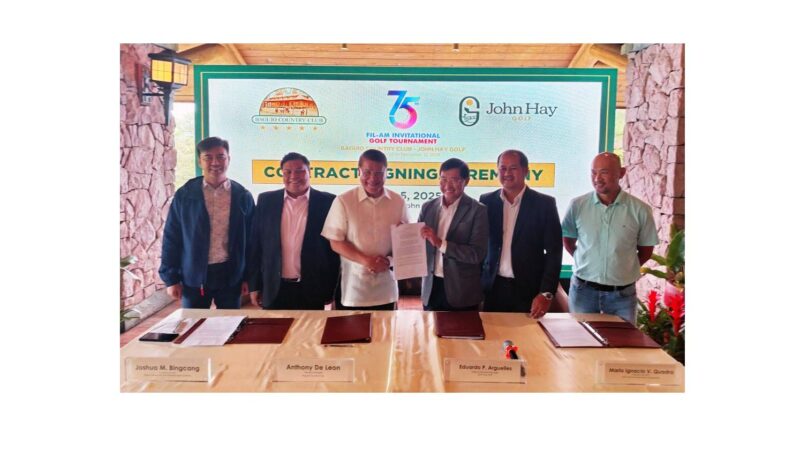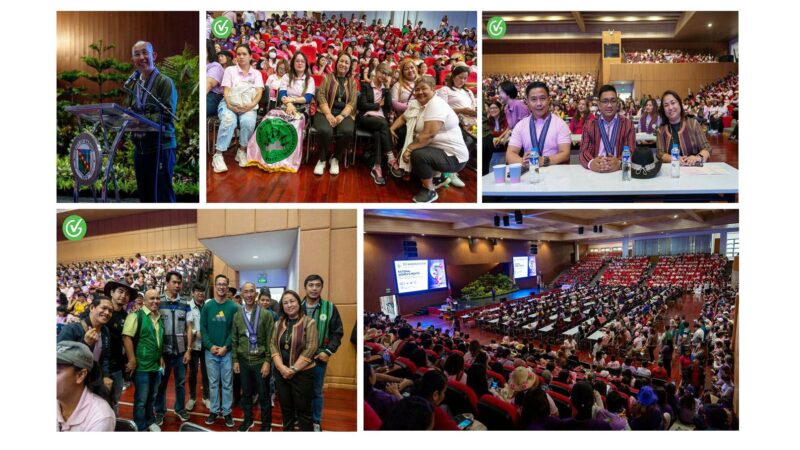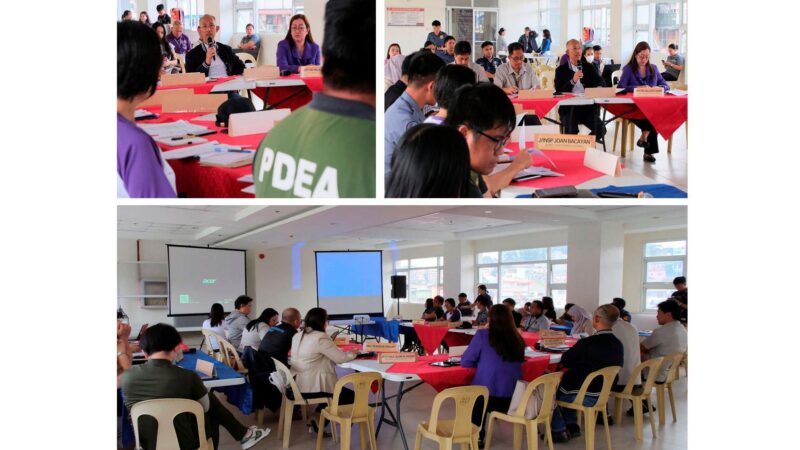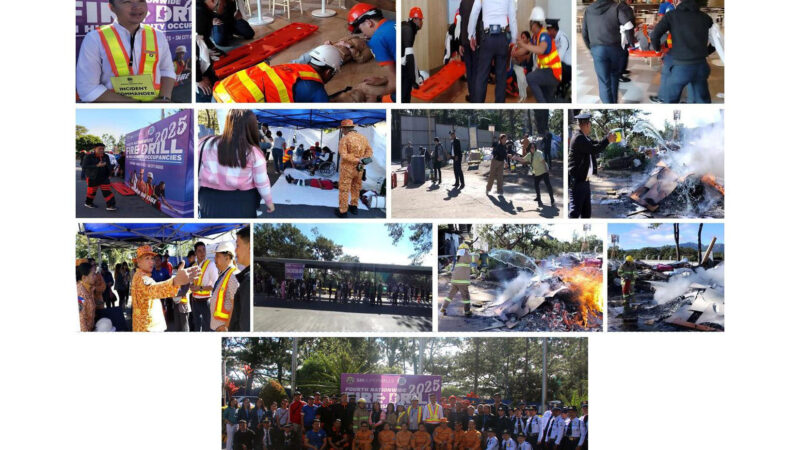Baguio lauded for improving competitiveness ranking despite pandemic

The Dept. of Trade Industry Competitive Bureau lauded Baguio City for showing vast improvement in its competitiveness ranking in 2021 despite the pandemic.
DTI-CB Director Lilian Salonga and Asst. Director Jo-Dann Darong said the significance of the city’s feat as the third most improved among 33 HUCs in the 8th Annual Regional Cities and Municipalities Competitiveness Index (CMCI) “could not be overemphasized” considering the challenges faced by the country.
“The award proves how competitive Baguio City is in propelling the nation’s economic growth. The city performed well amidst the pandemic and we all know the enormity of the challenges it posed to the country and the world in general. That the city was able to pull off a remarkable improvement has definitely proven its competitiveness and excellence,” Salonga said.
The officials conferred the city’s award to Mayor Benjamin Magalong as represented by Chief of Staff Felipe Puzon, Councilors Isabelo Cosalan and Phillian Weygan and City Planning and Development Coordinator Donna Tabangin in a program held June 23.
In 2020, the city was 19th most improved and 19th as overall most competitive local government unit in the HUC category.
In 2021, it placed 17th as overall most competitive with its standings in the four pillars as follows: 9th under the economic dynamism pillar from 11th in 2020; 19th in government efficiency from 26th; 24th in infrastructure from 18th; and 14th in resiliency from 26th.
Darong said the city tied with Cebu City in third place for most improved category, trailing Tacloban and General Santos cities in second place and Mandaue City in first place.
He said of the 33 HUCs, only five registered improvements. Worse, 10 HUCs dropped significantly in performance with an average of four notches down and one with an extreme slide of 11 notches.
He said the city’s strength was on local economic growth under the economic dynamism pillar where it ranked first in the sub-category of local economic growth.
Salonga said the city also registered an increase in employment opportunities, capacities for health and school services, accommodation capacity, among others.
Gaps needed to be addressed are on the capacity to generate local resources, infrastructure including transportation and road networks, early warning systems, among others. – Aileen P. Refuerzo







